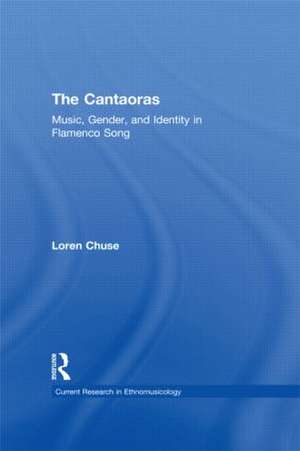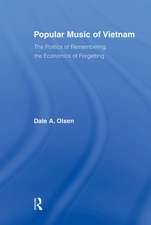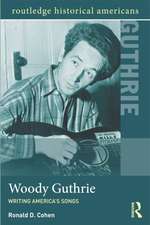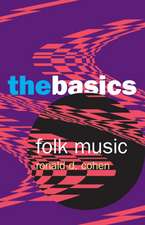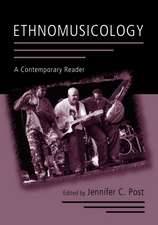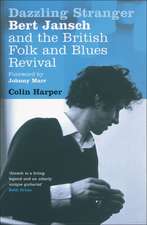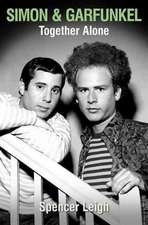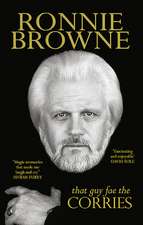Cantaoras: Music, Gender and Identity in Flamenco Song: Current Research in Ethnomusicology: Outstanding Dissertations
Autor Loren Chuseen Limba Engleză Hardback – 28 mar 2003
Preț: 1011.30 lei
Preț vechi: 1233.29 lei
-18% Nou
Puncte Express: 1517
Preț estimativ în valută:
193.50€ • 202.06$ • 159.79£
193.50€ • 202.06$ • 159.79£
Carte tipărită la comandă
Livrare economică 15-29 aprilie
Preluare comenzi: 021 569.72.76
Specificații
ISBN-13: 9780415943284
ISBN-10: 0415943280
Pagini: 330
Ilustrații: 23 b&w photographs
Dimensiuni: 152 x 229 x 23 mm
Greutate: 0.77 kg
Ediția:1
Editura: Taylor & Francis
Colecția Routledge
Seria Current Research in Ethnomusicology: Outstanding Dissertations
Locul publicării:Oxford, United Kingdom
ISBN-10: 0415943280
Pagini: 330
Ilustrații: 23 b&w photographs
Dimensiuni: 152 x 229 x 23 mm
Greutate: 0.77 kg
Ediția:1
Editura: Taylor & Francis
Colecția Routledge
Seria Current Research in Ethnomusicology: Outstanding Dissertations
Locul publicării:Oxford, United Kingdom
Cuprins
List of Illustrations Acknowledgments Chapter One: An Andalusian Journey Chapter Two: Traditional and Innovative Musical Practice in Flamenco Chapter Three: Nineteenth- and Early Twentieth-Century Singers Chapter Four: Social and Political Conditions for Women and Their Impact on Cantaoras in Twentieth-Century Spain Chapter Five: The Cantaora Today Chapter Six: La Herencia: Traditions of Flamenco in Lebrija and Granada Chapter Seven: Women and the Guitarra Flamenca Chapter Eight: The Flamenco Copla: Themes, Archetypes, Stereotypes Chapter Nine: The Social Construction of Flamenco Identity Chapter Ten: Identity, Aesthetics, and Emotion Glossary References Index
